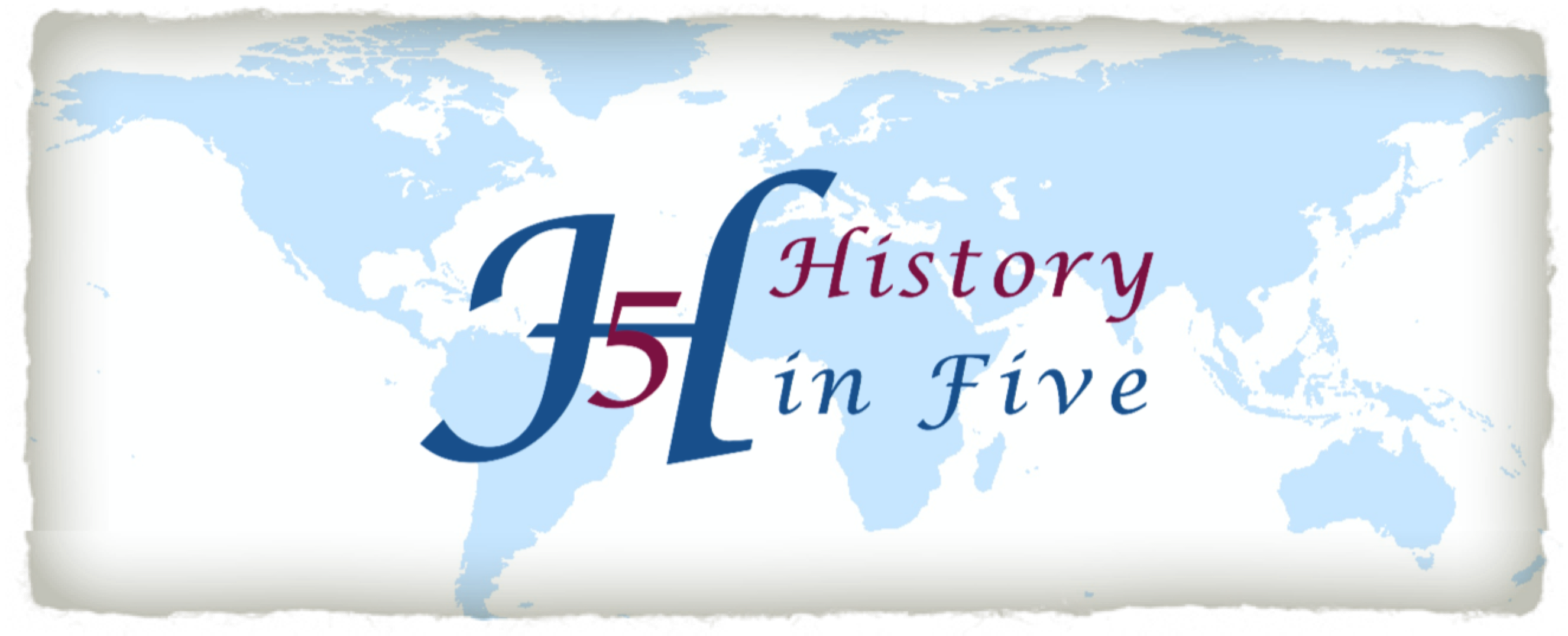Back to the video list: German History
The delegates of the European states met in Vienna in 1814 after the Napoleonic Wars. The Congress of Vienna was the initial point of the restoration of the ancient societies from before the French Revolution.
Video
Overview
- Date: 18 Sep 1814 – 09 Jun 1815
- Location: Vienna
- Start: Convening of the European delegates
- End: Signing of the final act
Parties & Persons Involved
- Prince Klemens von Metternich (1773 – 1859) - Austria
- Charles-Maurice de Talleyrand (1754 – 1838) - France
- Alexander I (1777 – 1825) - Russia
- Prince Karl August von Hardenberg (1750 – 1822) - Prussia
- Robert Steward Visc. Castlereagh (1769 – 1822) - Great Britain
Background
- The European powers defeat Napoleonic France
- Restitution of the Bourbon monarchy in France
- Extensive territorial changes during the Napoleonic Wars
- Spreading of liberal ideas due to the French Revolution
History
- 30 May 1814: Peace of Paris after the fall of Napoleon & the reinstitution of the Bourbon monarchy
- 18 Sep 1814 – 09 Jun 1815: Congress of Vienna chaired by the Austrian foreign minister Metternich
- Style: “Dancing congress“ with pomp & pleasure
- Commissions develop the results:
- German questions
- Territorial questions
- River traffic
- Slavery
- Unity regarding the main objective:
- Legitimacy: Reinstitution of the old dynasties
- Restoration: Restoration of the old societal order
- Authority: Absolute power of the monarchs on the domestic front
- Solidarity: Inter-monarchic support against revolutions
- Balance of powers: Balance of powers in international affairs
- Strong conflicts regarding political & territorial aspects
Results of the Vienna Congress
Territorial Changes
- France remains a great power in Europe
- The Netherlands gain Habsburg territories in the north (Belgium)
- Sweden gains Norway from Denmark
- Russia gains Finland & waste parts of Poland
- Austria gains Galicia, Illyria, Venice, Lombardy & Tuscany
- Boundary adjustments & reduction to 41 German states
- Prussia gains Provinces at the Rhine, Westphalia, Northern Saxony & Swedish-Pomerania
Further Results
- Founding of the German Confederation: Loose confederation presided by Austria
- Ban of Slavery
- Free international river traffic
- Fundamental diplomatic rules
- Swiss neutrality
Consequences & Impact
- Restoration of the social order from before the French Revolution which leads to a delay of national & liberal developments in Germany
- France remains as one of the great powers
- Strengthened positions of Prussia, Russia & Austria
- Reduction to 41 German states & cities
- Double hegemony of Prussia & Austria in Germany & German Dualism between Prussia & Austria in the decades to come
- Direct border of Prussia & France brings the potential for German-French conflicts & is therefore the precondition for the Franco-Prussian War & the unification of Germany (1871)
